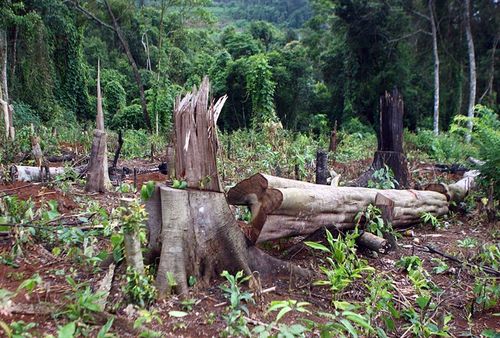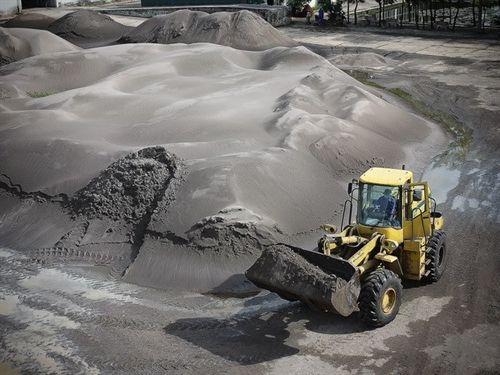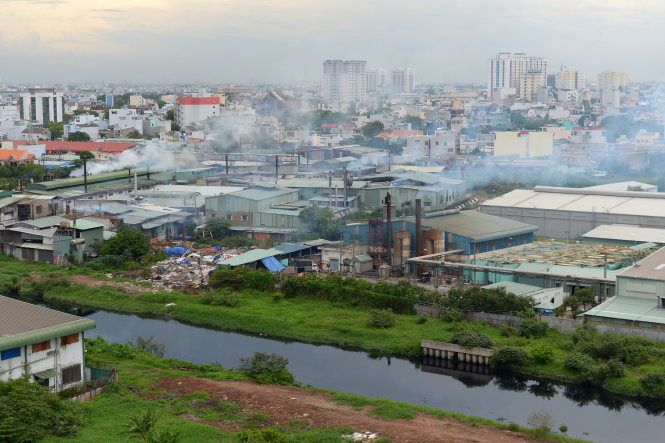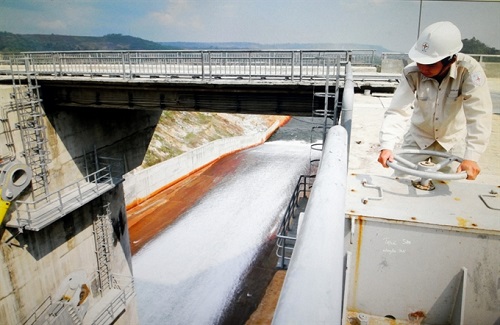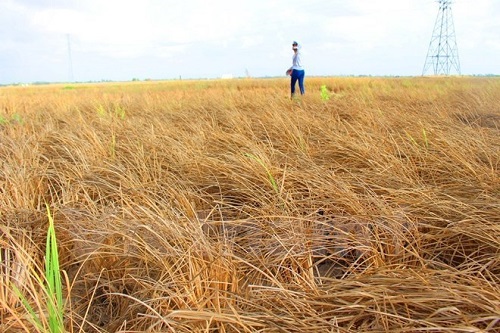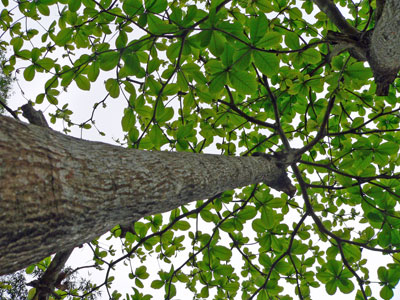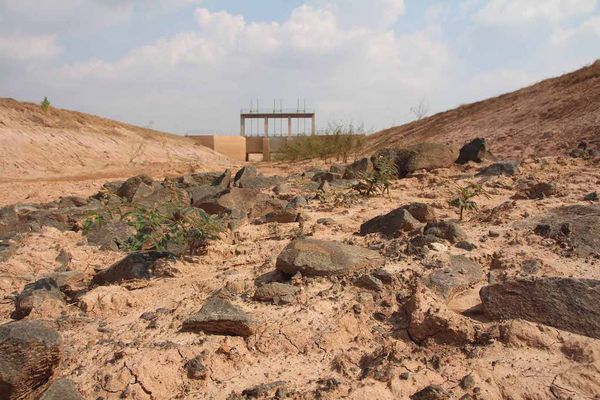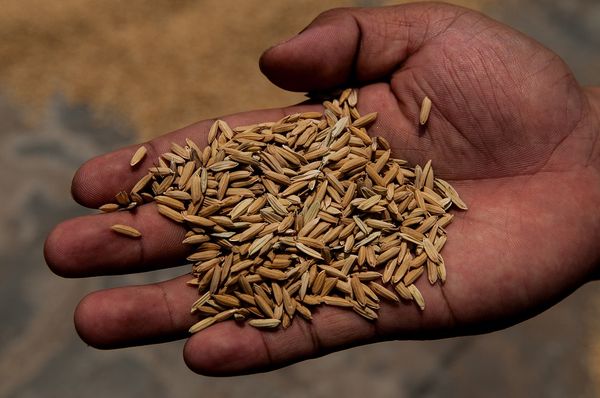During the morning of Friday, June 10, PanNature staff met with three government officials from the U.S. Environmental Protection Agency (EPA), including U.S. EPA General Counsel, Avi Garbow; Senior Attorney in the Office of General Counsel, Steve Wolfson; as well as Director of the Office of Regional and Bilateral Affairs, Mark Kasman. The U.S. EPA is the lead government agency in protecting public health and the environment in the United States. The meeting was an opportunity for the U.S. EPA officials to gain the perspectives and insights of a local environmental non-governmental organization in Vietnam. Trinh Le Nguyen, Executive Director of PanNature, provided information about PanNature, its various projects around the country, its funding, as well as relationships with PanNature’s partners, including the Ministry of Natural Resources and Environment.


